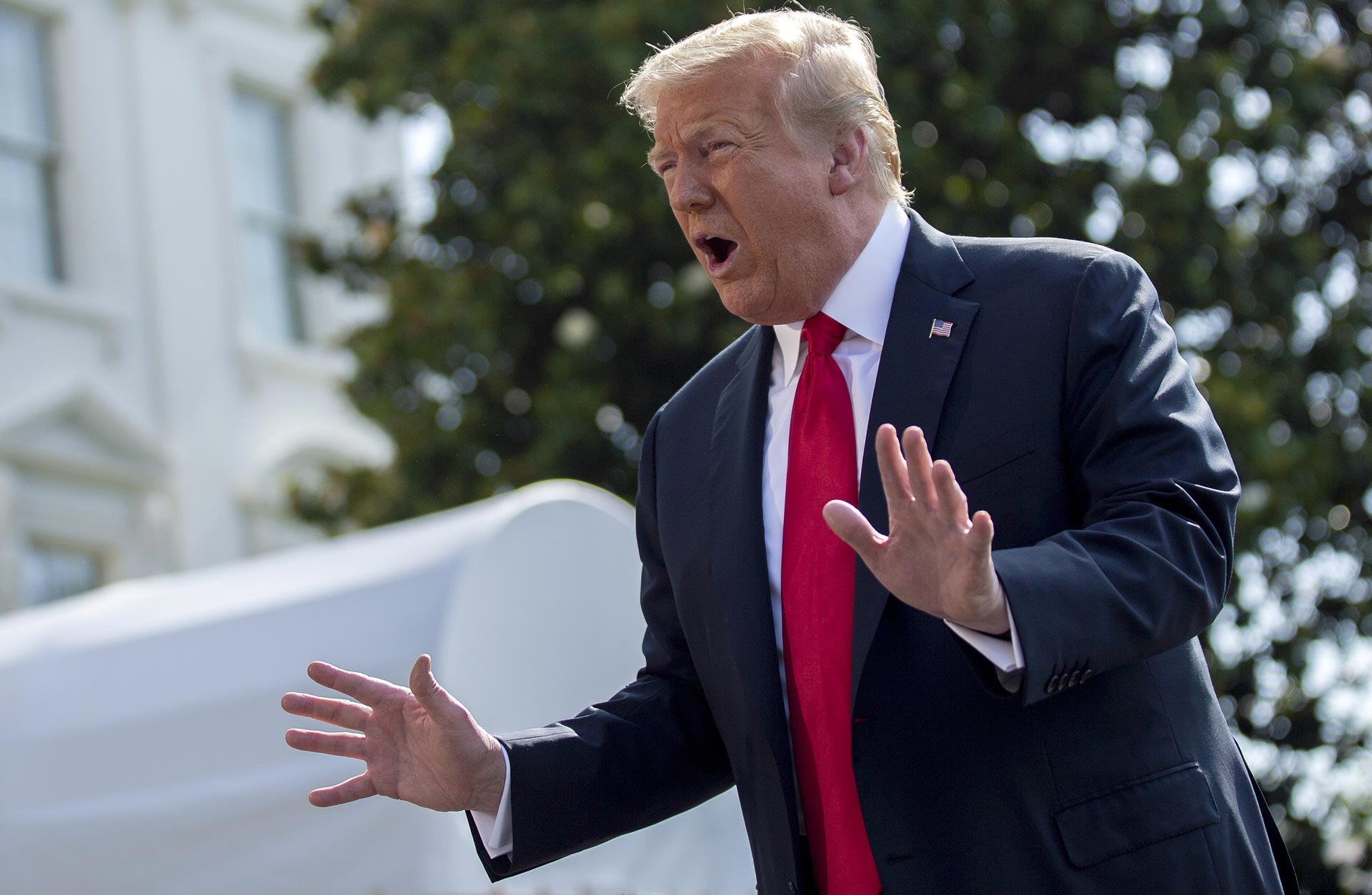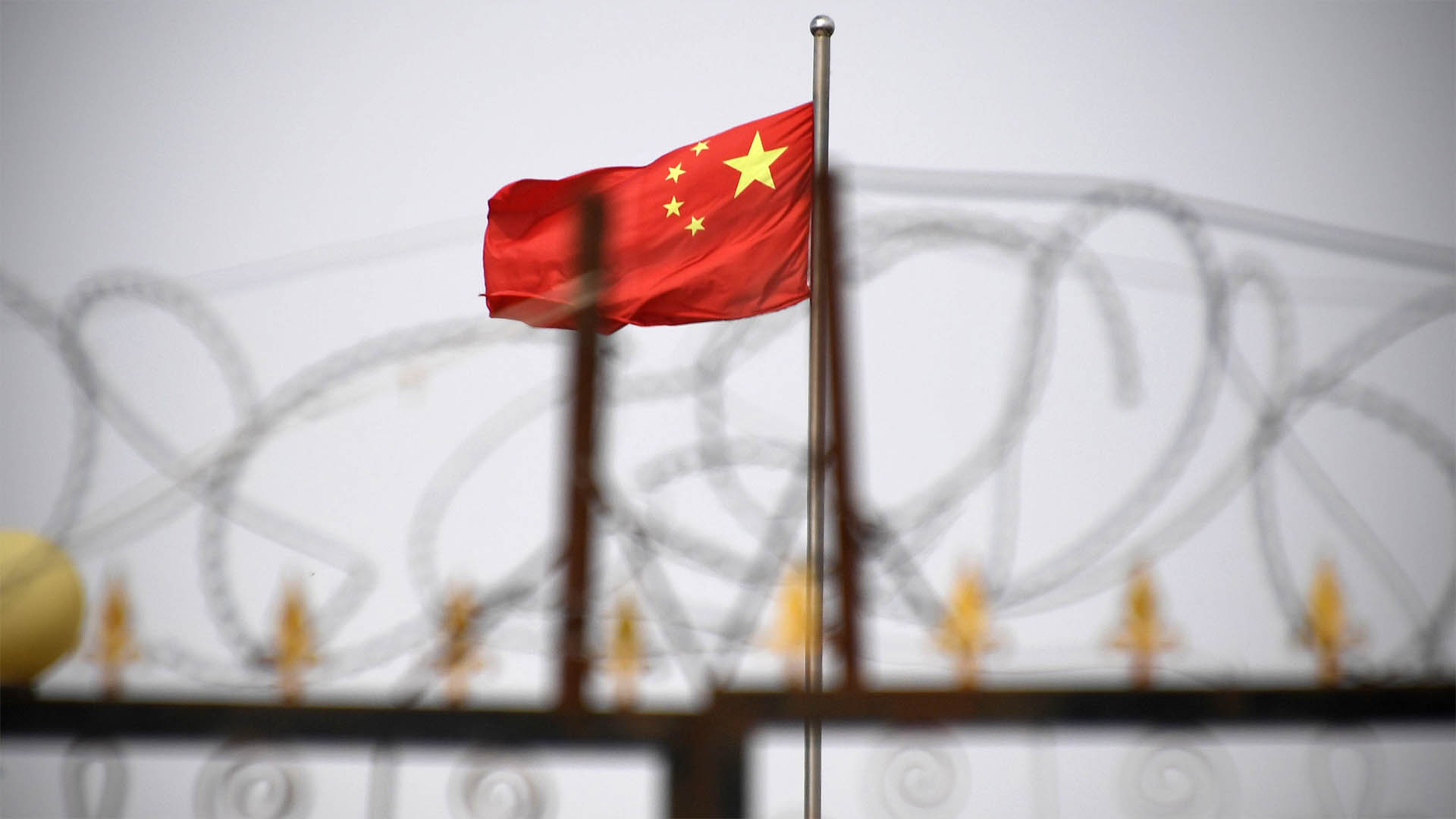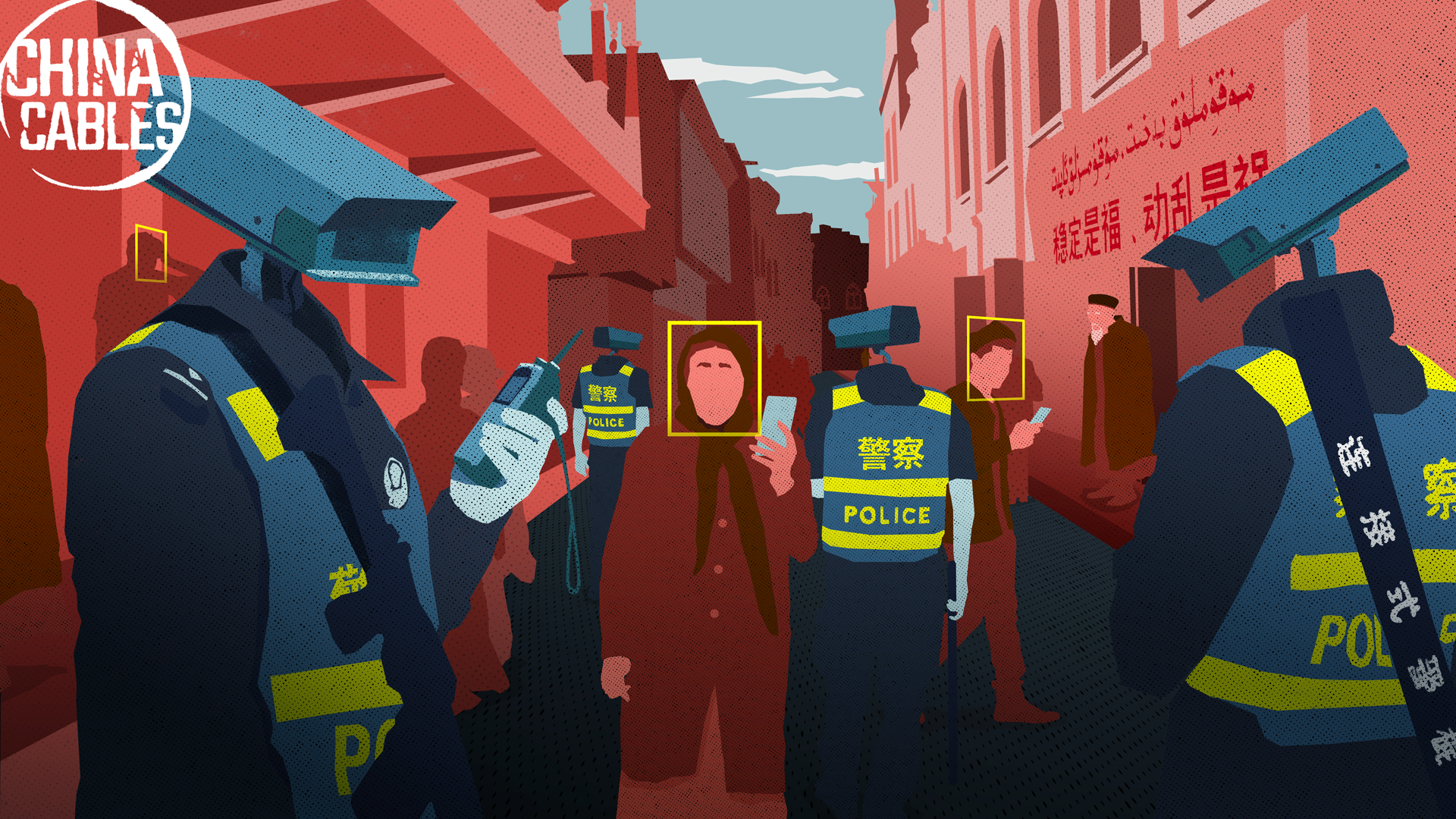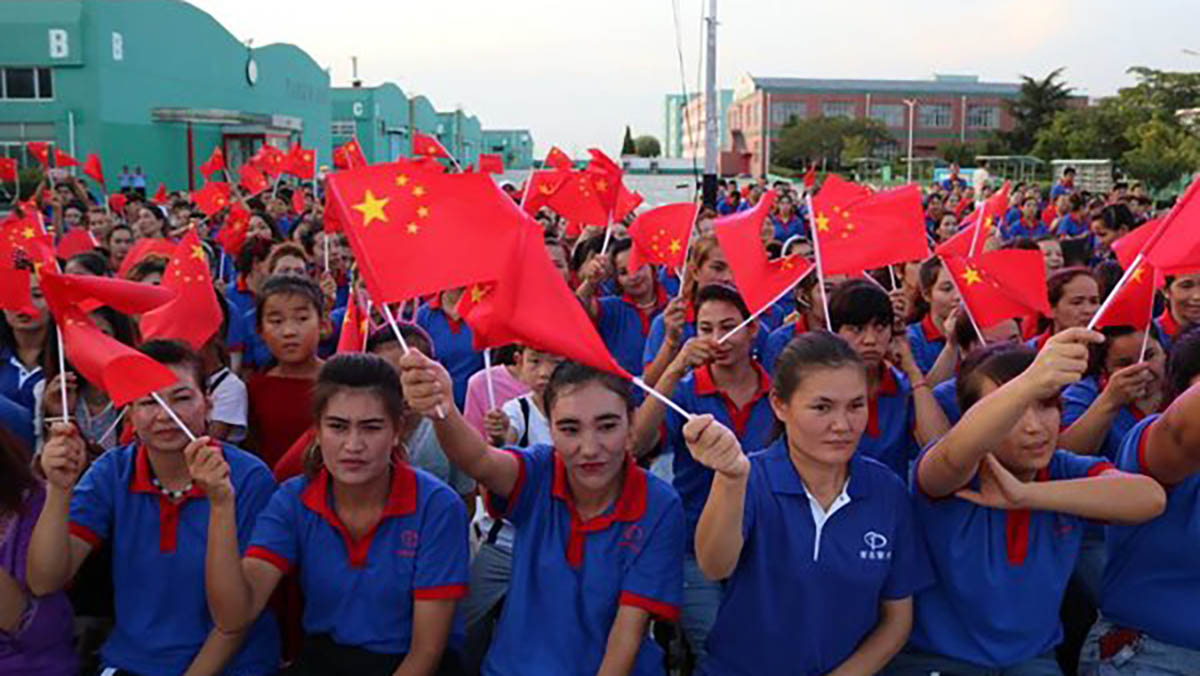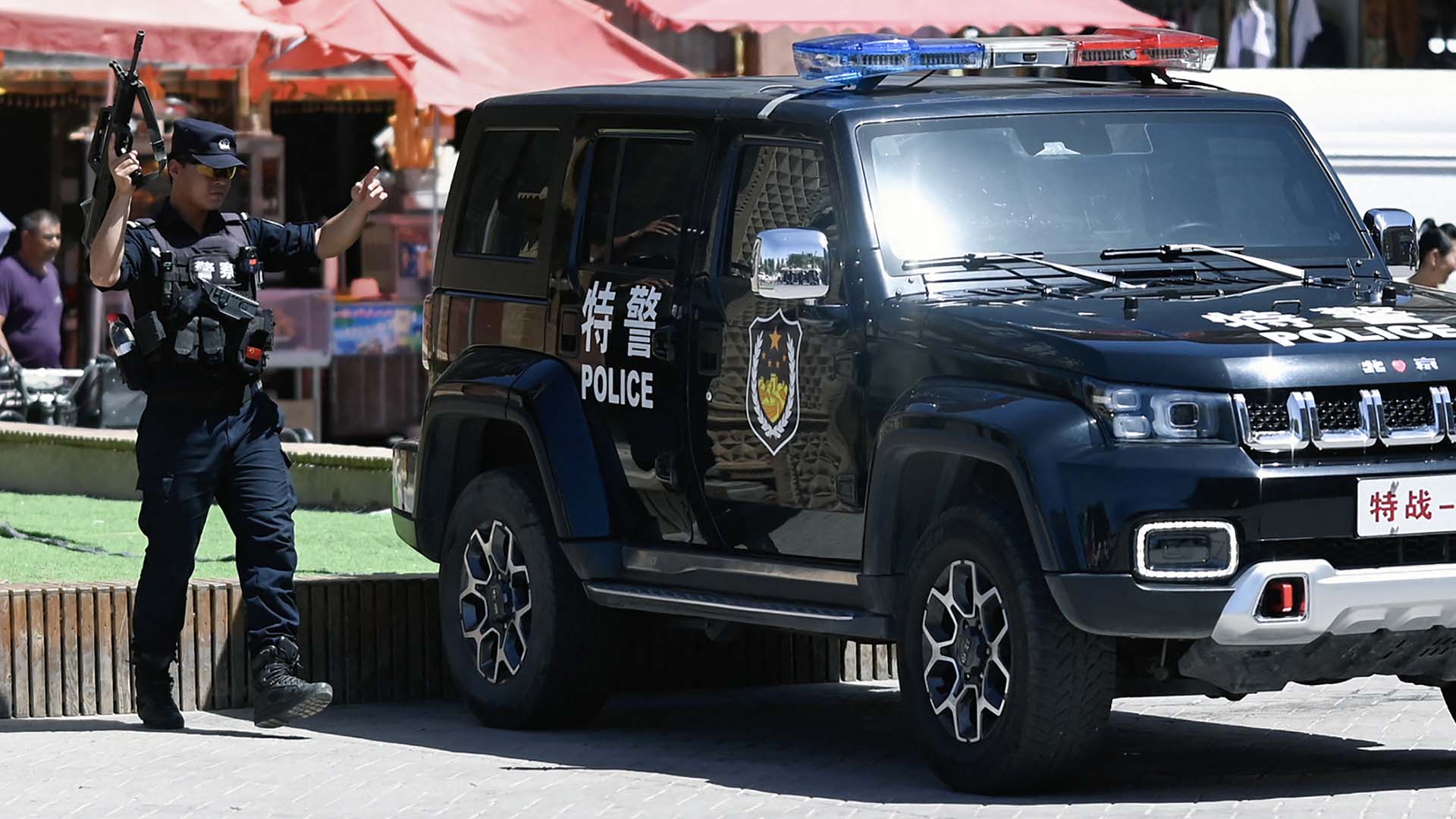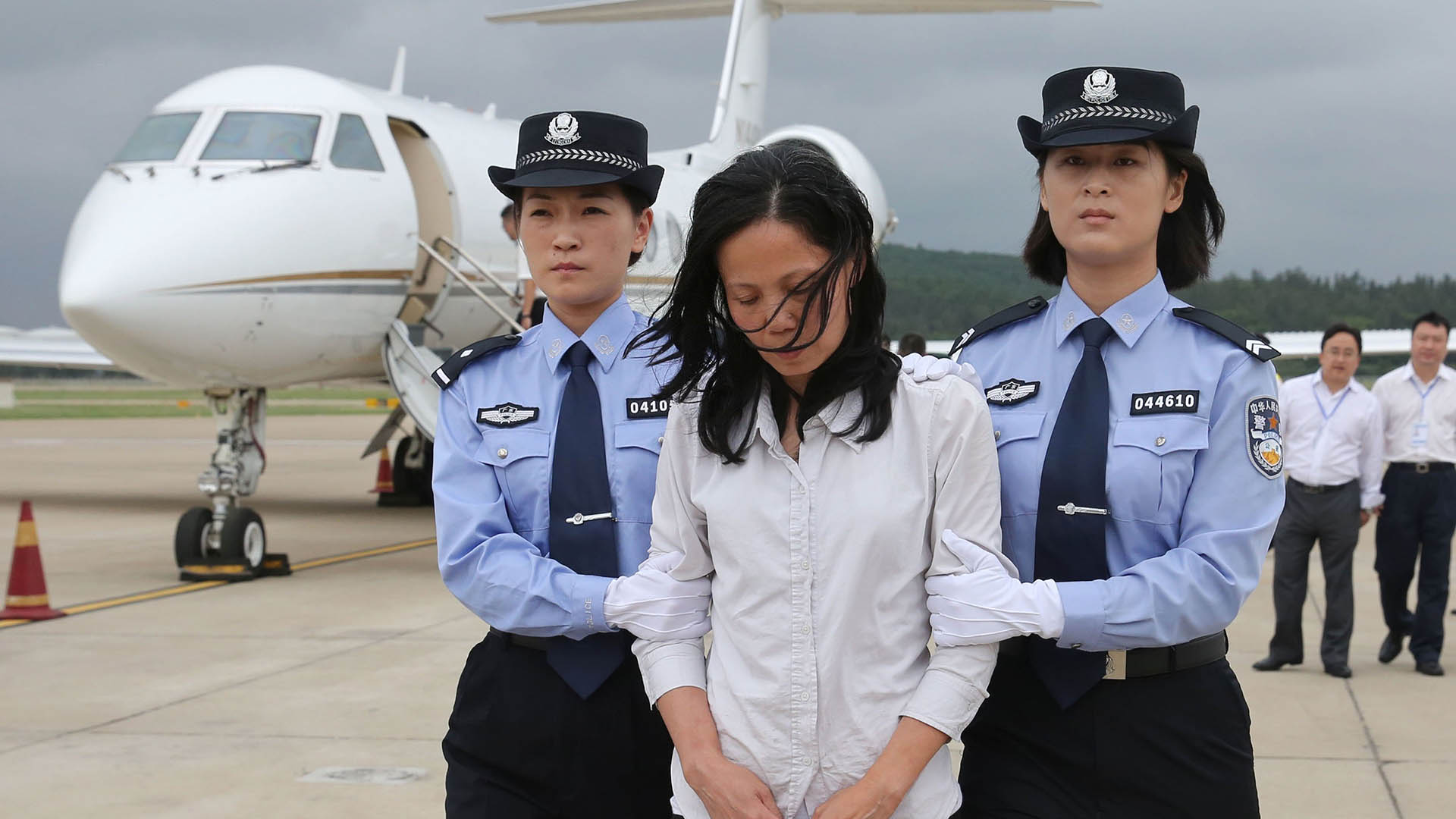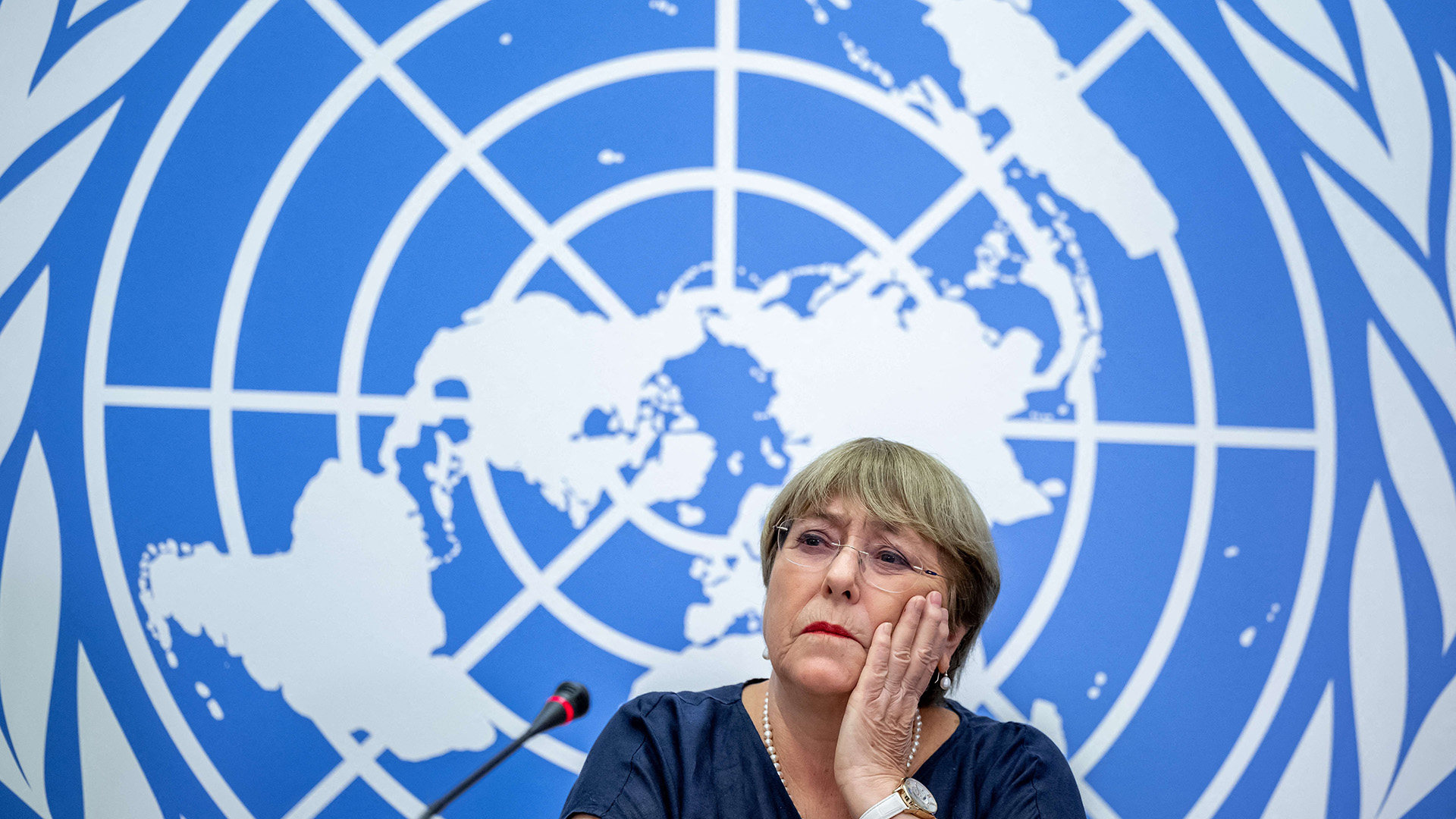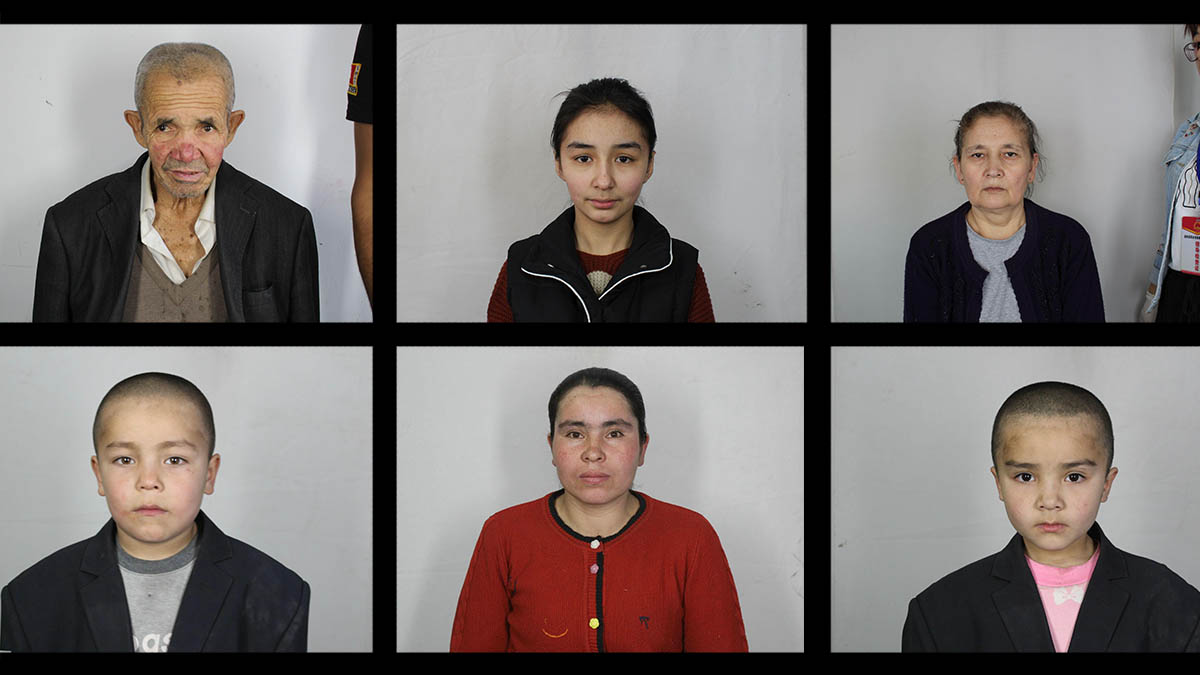United States President Donald Trump has signed into law a bill authorizing sanctions against China over the mass detention of Uighurs — on the same day one of his former advisers claimed the president had cheered the detention camps.
On June 17, Trump authorized sanctions against Chinese officials who are responsible for abuses against Uighurs and other ethnic minorities in China’s western Xinjiang province.
In a statement, the U.S. president said the Uyghur Human Rights Policy Act of 2020 holds accountable perpetrators of human rights violations and abuses such as the systematic use of indoctrination camps, forced labor, and intrusive surveillance to eradicate the ethnic identity and religious beliefs of Uyghurs and other minorities in China.”
The Chinese government lashed out at the new law, decrying it as a “malicious attack against China” and threatening to “resolutely” hit back against the U.S., Reuters reported.
Hours before the signing of the bill, praised as one of the most significant actions to punish China over its policy, the Wall Street Journal published excerpts from a new book by Trump’s former national security adviser John Bolton.
In “The Room Where It Happened,” Bolton writes that Trump encouraged China’s President Xi Jinping in the building of the detention camps for the Muslim Uighur and other minorities in Xinjiang province during a meeting in 2019.
“At the opening dinner of the Osaka G-20 meeting in June 2019, with only interpreters present, Xi had explained to Trump why he was basically building concentration camps in Xinjiang,” Bolton wrote. “According to our interpreter, Trump said that Xi should go ahead with building the camps, which Trump thought was exactly the right thing to do.”
According to Bolton’s memoir, that wasn’t the first time Trump had expressed such a view: “The National Security Council’s top Asia staffer, Matthew Pottinger, told me that Trump said something very similar during his November 2017 trip to China,” he wrote.
Bolton, a former U.S. ambassador to the U.N., who worked as a national security adviser for the Trump administration from April 2018 to September 2019, also accuses Trump of pleading with Xi to buy produce from American farmers in states vital to his re-election campaign.
U.S. Secretary of State Mike Pompeo accused Bolton of being “a traitor,” slamming his claims as “fully-spun half-truths and outright falsehoods,” and defending Trump’s actions.
In a recent interview with Axios, Trump also said he hasn’t imposed any Treasury sanctions against Chinese officials involved with the mass detention program to avoid any interference with a trade deal he is negotiating with Beijing.
“And when you’re in the middle of a negotiation and then all of a sudden you start throwing additional sanctions on — we’ve done a lot,” Trump told an Axios reporter. “I put tariffs on China, which are far worse than any sanction you can think of.”
More than one million Uighurs have been detained in mass-detention camps, according to U.N. estimates. Thousands have reportedly been subjected to forced labor.
The World Uyghur Congress praised the U.S. law as a “vital step” for Muslim minorities in China but it also expressed concerns over the latest revelations by Bolton.
On Twitter the exile group said it’s “deeply concerned” by the former adviser’s allegations and urged Trump to address them.
Last November, an investigation led by the International Consortium of Investigative Journalists revealed the secret operations manual for China’s internment camps in Xinjiang – including the compulsory indoctrination of Muslims.
Based on leaked classified documents, China Cables documented how Chinese officials were instructed to hold detainees in prison-like conditions and to use sophisticated surveillance and data collection systems to police and detain Uighurs and other minorities.
China denies mistreatment of the Uighurs and of forcibly trying to assimilate them and other Turkic minorities by wiping out their culture and Islamic practices. It says the camps are vocational training centers aimed at fighting extremism.
Since October 2019, the U.S. has twice blacklisted Chinese companies it deemed responsible for aiding Beijing’s repression in Xinjiang, including surveillance technology firms and other institutions.
So far, the U.S. Commerce Department has imposed trade restrictions on more than 30 entities accused of being involved in human rights abuses against the Muslim minority in the Chinese region.
The newly-approved Uighurs human rights law requires firms and individuals operating in Xinjiang to make sure their activities don’t contribute to human rights violations or use forced labor. But it doesn’t include language on exports involving the blacklisted Chinese companies.
